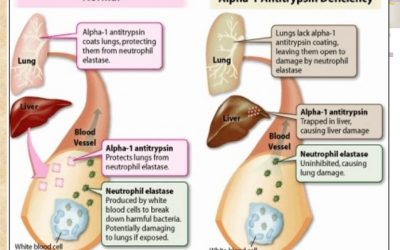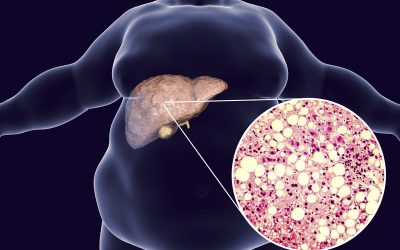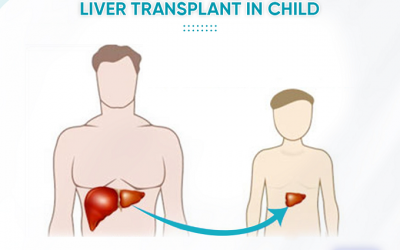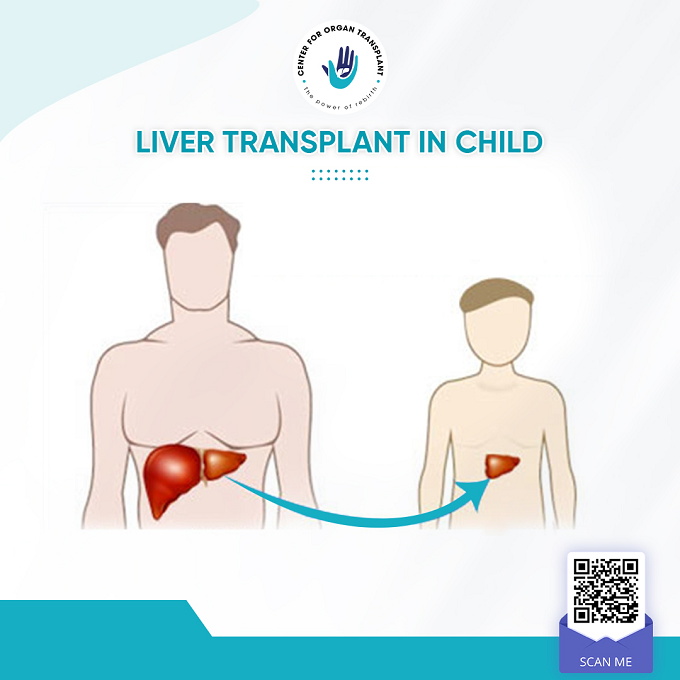Pediatric Transplant
By
Dr.Bipin Vibhute
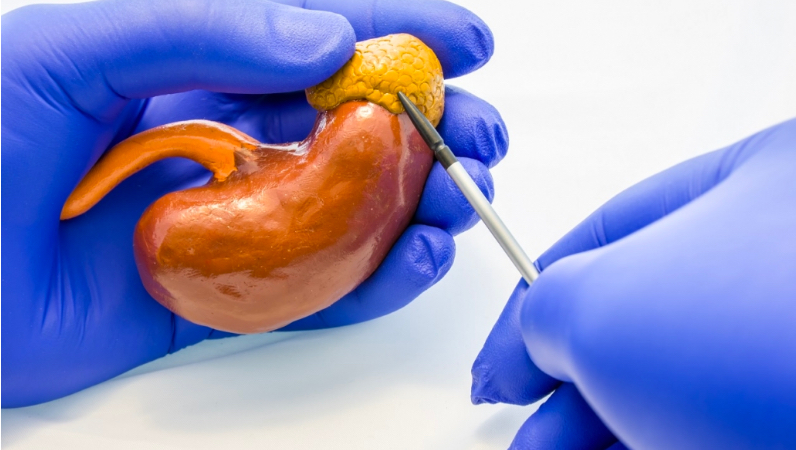
What is a Pediatric transplant?
A pediatric liver transplant is reserved for children who exhibit severe liver problems. Such young ones would die without a new liver. A rare disease of the liver and bile ducts that may become the cause of liver transplant in newborns is biliary atresia. Other equally harrowing medical conditions could require your child to undergo the pediatric liver transplant in India.
We empathize with the parent or the parents of a child who will have no choice but to have this transplant done. To find all the relevant information about a liver transplant in children, please continue reading.
Pediatric liver transplant guide
Skim through this pediatric liver transplant guide that covers every important aspect of this disease, its causes, symptoms and Treatments.
1. Causes for a liver transplant
Your child will have to be operated on if they showcase the following liver complications:
● Liver cancer or liver tumors.
● Sudden liver failure because of an autoimmune disease, unknown causes, or an overdose of medicine, such as acetaminophen.
● Other genetic and hereditary liver diseases.
● Congenital diseases such as Alagille syndrome or cholestatic disorders.
● Viral hepatitis.
● A condition called hemochromatosis in which there is a buildup of too much iron in the body.
Alpha-1 anti-trypsin, an inherited condition that raises the risk for liver disease.
2. Indications for a liver transplant
Children who may need to undergo a pediatric liver transplant may have some or all of the following symptoms:
● Failure of synthetic function (decreased albumin, elevated clotting times, etc.)
● Portal hypertension with bleeding
● Severe hypersplenism along with liver dysfunction (decreased platelet count)
● Unacceptable quality of life (itching, poor growth, failure to thrive)
● Recurrent cholangitis
● Malnutrition
● Encephalopathy (elevated ammonia levels in the blood)
● Jaundice with an ever-increasing intensity
3. Who might need a liver transplant ?
Pediatric liver transplants become necessary for children who need their deceased livers to be replaced with healthy ones.
Complete liver transplantation will not be necessary but this will depend on your child’s symptoms and condition. When only a part of the liver is to be transplanted, genetically compatible family members can step up for it.
4. The matching process for a liver transplant
For your child to be matched with the best donor living/deceased, they will have to be put on a waiting list and given a “status” code which will signify the severity of their condition and urgency of receiving a transplant.
This code will also feature information such as the precise nature of your child’s condition and whether it worsens day by day or not.
The worse your condition, the higher you will be placed on the list.
Although, sometimes people lower on the list may also be good matches because of factors such as the size of the donor organ and the geographical limitations between the donor and the recipient.
Most of the liver donors are adults and if by luck or chance, an adult liver does become available, it will be segmented into two and donated to two children on the waiting list who match with the donor.
Remember, that before being put on the waiting list, your offspring will have to go through a variety of tests such as blood and diagnostic tests as well as psychological and social evaluations. The latter will only be possible if your child is old enough.
These are conducted so that the doctors can determine how urgent it is for your child to be placed on the transplant list and so that they can find the best, matching donor for them.
Blood tests are done so that they can discover and reduce the chances of rejection from the blood donor and the other tests thoroughly assess the medical condition of your child.
5. How do I get my child ready for a liver transplant?
We assure you that preparing your child for a pediatric liver transplant surgery may turn out to be quite the emotional roller coaster.
First, your child’s provider will decide and further, declare that your little one is indeed eligible for a liver transplant. Then, the child may be asked to meet with a psychologist so that they can understand whether your child’s psyche is fragile or not and if they are ready for what’s coming. A social worker may also meet with your child so that they can ensure that he or she will be well-taken care of at home.
Such meetings will help your child prepare mentally for their pediatric liver transplant surgery.
After such meetings, have a heart-to-heart with your child. Make sure that the primary goal of such conversations is to dispel their fear and help them see that this operation will improve their bodily functions and that they will be able to lead a more normal and healthier life after it.
Don’t forget to mention the new medication that will be added to their routine post-operation. The bottom line is to be there for your child every time he or she wants to vent.
As a parent alone, you will also go through a variety of emotions. But not all will be the bad kind.
Envision feeling relived when your child will be taken to the Intensive Care Unit (ICU) to recover or imagine feeling overjoyed when the doctor comes out and tells you that your child is recovering at a spectacular speed.
Join a support group for families so that you can share your experiences with like-minded people.
6. How is a liver transplant performed ?
Before a pediatric liver transplantation procedure is performed and after you reach the hospital with your child, he or she may have to go through some final blood tests so that it can be confirmed that the donor liver is the perfect match.
As far as the surgery process goes, the doctor will first make an incision under the ribs on both sides of the belly after which they will separate the diseased organ from the surrounding organs. This is a delicate process which requires maximum concentration.
When the doctor successfully places the donor’s liver into the body and connects it to the respective blood vessels and the bile ducts, blood flow to the new liver will begin. The doctor will then close the incision site with stitches or surgical staples.
A sterile bandage or dressing will also be applied to keep the wound away from any infectious agents.
We realize that reading about this surgical procedure in detail may be a little too graphic for a parent or parents who want no harm to come to their child. However, as we always say: you have a right to know.
If you have any questions about the technicalities of a pediatric liver transplant surgery, any medical professional from your child’s transplant team would be happy to answer them.
7. Cost of pediatric liver transplant
To put things in perspective, the cost of pediatric liver transplant in eminent Indian hospitals such as the chain of Apollo Hospitals ranges from 12 to 15 Lakhs.
Of course, the added cost of immunosuppresants, consultation fees, hospital fees, etc. must not be overlooked when on a financial budget.
8. Care after liver transplant
Your child’s mental and physical state will be delicate after their pediatric liver transplant.
Post pediatric liver transplant care is extremely important. Therefore, shower them with kindness and positive affirmations daily.
Learn how to care for them from the experts before your little one is discharged from the hospital.
Remind them gently that they will have to take anti-rejection medication for the rest of their life and don’t forget to explain why.
Being a pediatric liver transplant patient is a lifelong commitment. Even if your child grows older, he or she will have to learn everything about their condition, note by themselves if there are any signs of infection and know their medication through and through.
9. What are the risks of a liver transplant ?
No matter how old or young, your child is as precious as a flower petal. So, when they are to go for such a life-changing yet life-enhancing operation, their parents (you, in this case) should know the risks involved with a pediatric liver transplant surgery.
They are:
● Bleeding
● Infection
● Rejection (one of the most feared risks in which the child’s body will reject and attack the new liver)
● Blocked blood vessels that ought to go into the new liver
● Bile leakage
● Blocked bile ducts
● The new liver not functioning right away after the surgery
If we look at the complication of rejection microscopically, the immune system thinking that the new liver is a threat isn’t bizarre at all.
Our immune system is built in such a way that it will reject all foreign objects or tissues introduced in the body.
This is why the anti-rejection medicines also known as immunosuppresants will be prescribed to your child. Their job will be to halt your immune system’s response to the new liver.
And, the reason why anti-rejection medication will have to be taken for life is that the body never fully accepts the liver. This medication just tricks it into thinking that it does.
The number of immunosuppresants taken may lessen over time.
Keep in mind that your child may become sick right after the surgery so the chances of them getting infections will also spike. Therefore, keep them away from sick people and have other family members wash their hands as often as they can.
10. How to choose a transplant centre ?
A pertinent question that all concerned parents deserve the answer to.
Consider the following pointers when choosing a transplant centre:
● Whether the transplant centre delivers quality and quantity both in terms of this procedure
● Its reputation
● The annual survival rates reported by it
● Their approach to rejection
● Catering to not only the medical but also social and emotional needs of the patient
● Lifelong care of the patient
11. What you can expect ?
Before the procedure
After choosing a transplant centre that suits you and your budget and meeting the entire transplant team, your child will undergo important tests such as
● Blood tests which shall determine their blood type
● Imaging tests such as abdominal ultrasounds or CT Scans
● A liver biopsy
These tests will help them in placing your child most accurately on the national organ waiting list from which a suitable donor will be matched with them.
Finding the right donor may take time. Hence, during this period, your transplant team will stay in touch with you in case of any developments.
Meanwhile, your duty will be to keep your child as healthy and active as possible as well as prepare and keep a hospital bag ready in case a donated liver becomes available for which you will have to rush to the hospital.
During the procedure
In this 6-10 hour operation, your child will be asleep throughout, thanks to the pediatric liver transplant anesthesia.
Someone from the transplant team will keep updating you about how the surgery is going.
After the procedure
After being transferred to the Pediatric Intensive Care Unit (PICU), your child will be given some pain medication and you can even visit them at this point.
In the succeeding weeks that your child will spend in the hospital, the doctor and the transplant team will watch them closely to locate and eliminate any signs of infection or rejection.
12. Results after transplant
Liver transplant survival rates
Cheer up, parents. Because the 1-year pediatric transplant survival rates are 95%-98% and the 3-years survival rates are 93%.
13. Diet after liver transplant
It may be a harsh truth to bare but your child’s appetite will return to normal gradually.
While not a special diet will be sanctioned, now will be the perfect time to feed your child loads of nutritional food.
The transplant’s team dietician may keep your child on supplement drinks if they eat or drink poorly after the surgery.
Salt, protein and fluid restrictions are usually temporary but they are still put in place for a certain amount of time.
It may not be much but your child is bound to gain some weight as the immunosuppresants tend to increase appetite.
Transplant Team
A liver transplant is an operation that involves the replacement of a patient's diseased liver with either a whole or partial healthy liver from a donor.

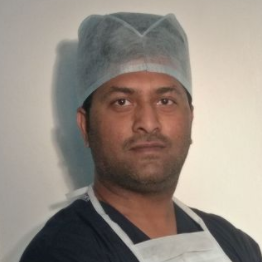
Dr. Aniruddha Bhosale
Consultant Liver & GI surgery

Dr. Apurv Deshpande
Liver and Multi Organ Transplant
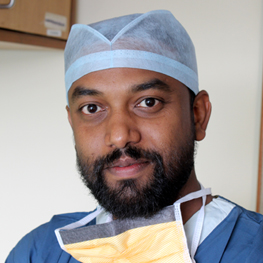
Dr. Abhijit Mane
Asst Consultant Liver & Multiorgan Transplant
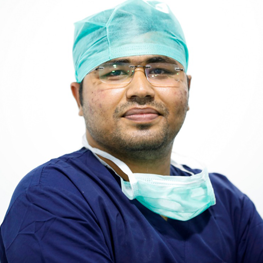
Dr. Manoj Raut
Consultant Liver Transplantation Anaesthesia & Critical Care

M/S. Malvika Karkare
Sr. Transplant Dietition
Transplant Team

Dr. Bipin Vibhute
Liver & Multiorgan Transplant Surgeon
A liver transplant is an operation that replaces a patient’s diseased liver with a whole or partial healthy operation that replaces.
Patient Reviews
Pravin Patole (Transplant Year: 2021)
Treatment : Liver Transplant
Saket Khadakkar (Transplant Year: 2021)
Treatment : Liver Transplant
“Dr. Bipin Vibhute sir performed liver resection surgery on my father Dr. explained all steps involved in the surgery, how surgery will be performed, precautions to be taken after surgery, recovery time etc. Dr. Bipin Vibhute sir and entire team is very cooperative, down to earth. They have taken good care of my father after surgery. Even entire team is available on Whatsapp to address our questions.
Abdullah Parkar,
(Transplant Year: 2022)
Read full story here
Liver Transplant
“Dr. Bipin Vibhute sir performed liver resection surgery on my father Dr. explained all steps involved in the surgery, how surgery will be performed, precautions to be taken after surgery, recovery time etc. Dr. Bipin Vibhute sir and entire team is very cooperative, down to earth. They have taken good care of my father after surgery. Even entire team is available on Whatsapp to address our questions.
Abdullah Parkar,
(Transplant Year: 2022)
Read full story here
Liver Transplant
Organ Donation
Why we should Donate Organs?
By Dr.Bipin Vibhute
The biggest donation in this world is Organ Donation, by which we can save multiple lives. To save someone’s life is the biggest thing in this world. Being a donor is like having superpowers. By donating organs you give hope or a chance of living to a person who has left all the hopes of surviving.
Even if a person dies, his organs are not dead. The organs of a dead person will be of no use after the body is burnt or buried. But these organs can save up to eight lives if we donate them. We all understand the importance of Organ Donation, but how many of us support and wish to donate our organs.
Question & Answers
What is the most common cause of cirrhosis in children
Out of the various organs in a human body, the liver performs some of the most important functions. This includes processing the good nutrients and passing it to the...
What should I eat if I have Nash?
NASH is a liver condition in which excess liver fat leads to inflammation. This will result in the development of liver scarring that will further lead to cirrhosis and...
How does obesity lead to fatty liver disease?
Indeed, certain lifestyle choices have a major effect on your body, and that leads to further complications. One of the most common ones includes obesity, which results...
Blogs
Liver Transplant For Children
What is a liver transplant for children? Surgery that replaces diseased liver with a healthy liver. There are two types of donors Living organ donor (family member or a...




